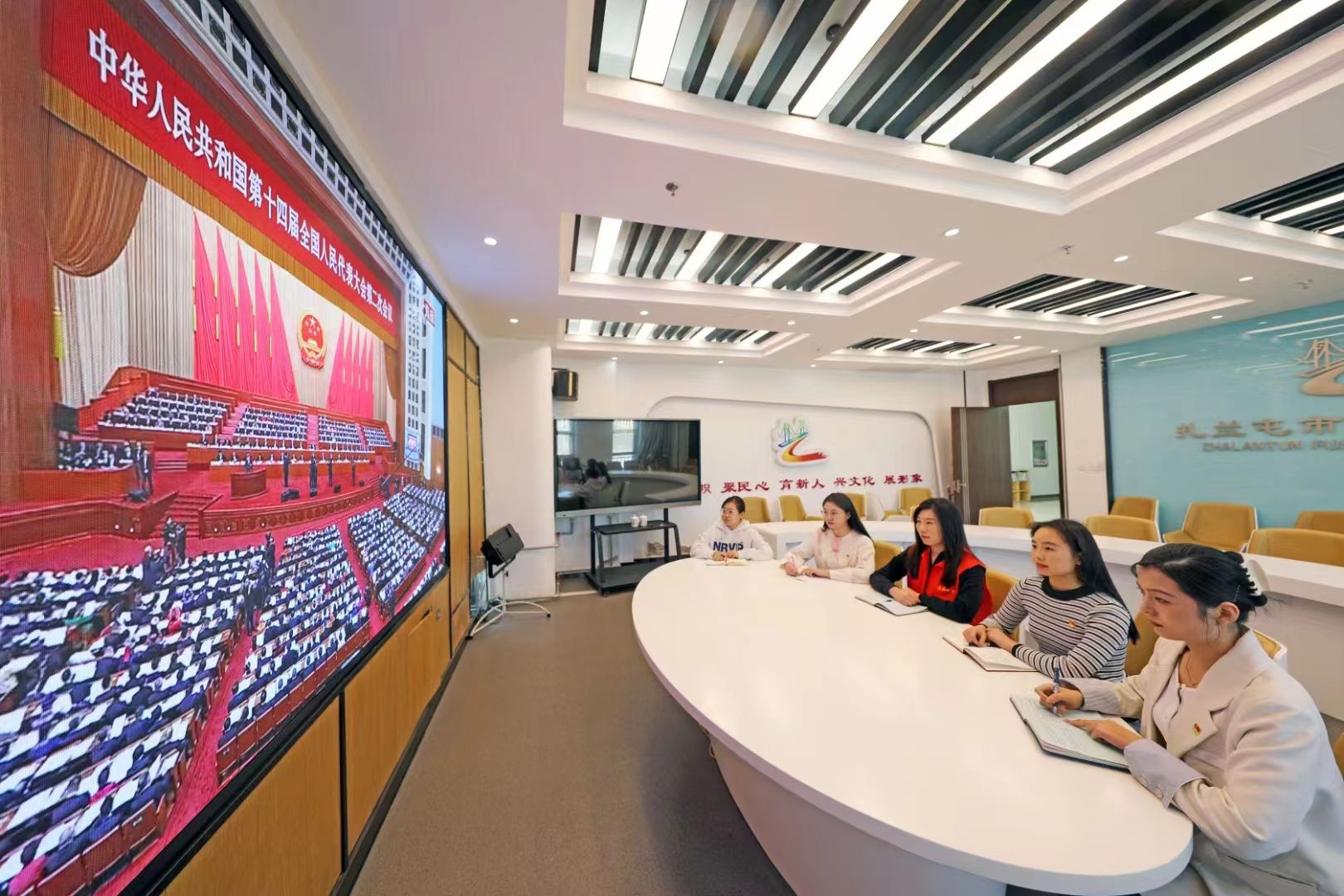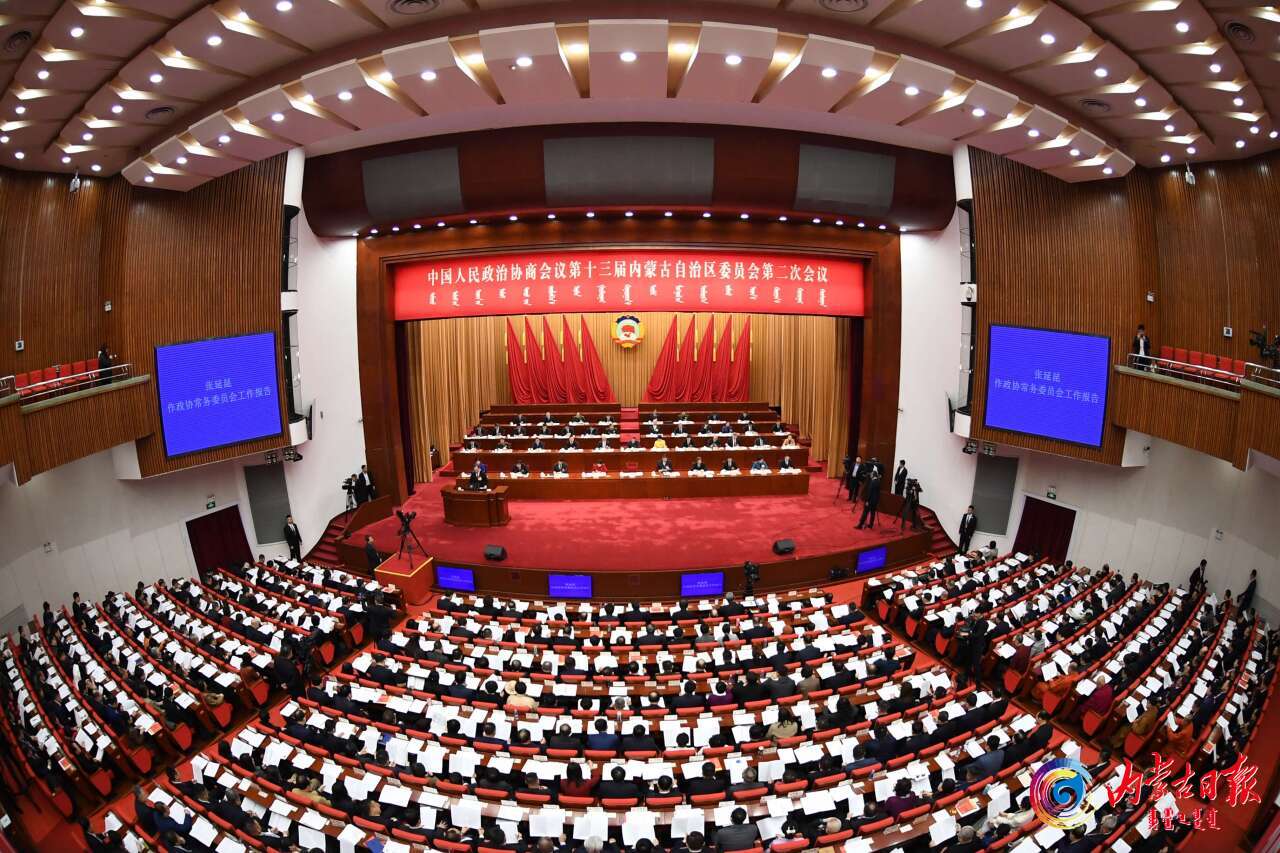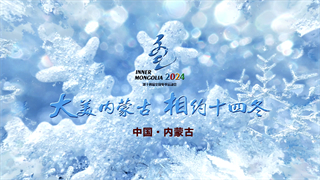China must tackle rare earth industry chaos
HOHHOT, Aug. 9 (Xinhua) -- Rampant illegal mining, black market dealing and smuggling has seriously disrupted the rare earths market and led to a nosedive in prices of the resources in China, a senior insider has said.
Speaking at the Sixth Baotou China Rare Earth Industry Forum, Jia Yinsong, an official of the Ministry of Industry and Information Technology (MIIT), said the illegal mining, production and selling of rare earth materials have already taken the shape of a "black interest chain."
Rare earths, a class of 17 mineral elements, are some of the most sought-after metals due to their vital role in green technologies like wind turbines and car batteries as well as in military sectors.
With its rare earth reserves accounting for 23 percent of the global total, China supplies over 90 percent of the world's market demand at the cost of causing much pollution.
Despite high worldwide demand for the resource, the prices of rare earth elements cerium, lanthanum and ytterbium, which constitute 70 percent of light rare earth output, plunged by 40 percent in the second half of last year, as compared with those in the first half year.
In 2013, China's rare earth export volume rose by 38.3 percent year on year. However, the export value fell by 36.7 percent in the same period.
Industry officials and producers convened at the two-day Baotou China Rare Earth Industry Forum, which opened in Baotou City of north China's Inner Mongolia Autonomous on Friday, observed that the trend of price declined has continued into this year. The average price of rare earths has fallen back to the levels of 2010.
China on Thursday expressed its regret the WTO's final ruling earlier in the day that China's export duties, quotas, and administration of rare earths, tungsten and molybdenum products were inconsistent with WTO rules and China's Accession Protocol.
The European Union, Japan and the United States together brought the case to the WTO claiming that China's restriction on rare earth exports had limited other countries' access to the minerals.
Gan Yong, deputy director of the Chinese Academy of Engineering and head of the China Rare Earth Association, said at the forum that without the management mechanism, it would be more difficult for the Chinese government to regulate the industry.
Small-scale mining and cut-throat price competition over the years has led the domestic rare earth sector into trouble.
Jia, who is in charge of the MIIT's Rare Earth Office, noted that high profits from illegal mining have led to collusion between local government officials and illegal miners.
In Ganzhou City, east China's Jiangxi Province, which is rich in light rare earths resources, more than 40 officials were probed for their involvement in illegal rare earth mining and processing last year.
In a three-month campaign jointly held from August last year by the Ministry of Public Security, the General Administration of Customs, and the ministries of land resources and environmental protection, 126 rare-earth production firms were ordered to suspend production and another 161 firms had their production licenses revoked.
Inspectors also seized 19,000 tonnes of illegally mined rare earth materials during the campaign.
In addition to cracking down on the "black interest chain," industry regulators also approved six rare earth blocs earlier this month amid a governmental push to consolidate the industry.
Six rare-earth companies including Baogang Group, China Minmetals, Chinaclo, Guangdong Rare Earth Corp, Ganzhou Rare Earth Group, and Xiamen Tungsten are encouraged to take the lead in integrating regional resources to improve industrial concentration.
Related stories:



 Print
Print Mail
Mail





